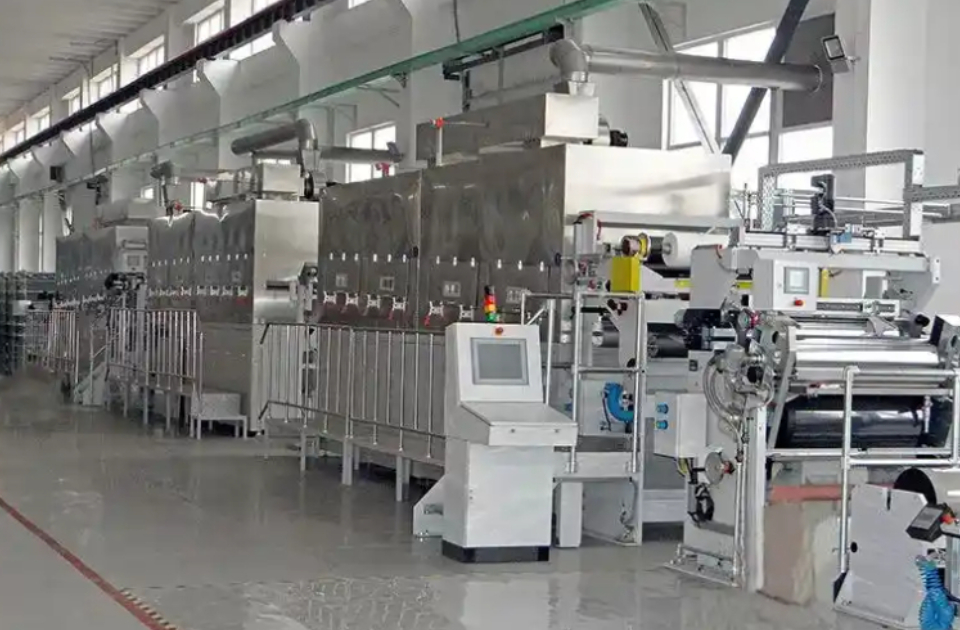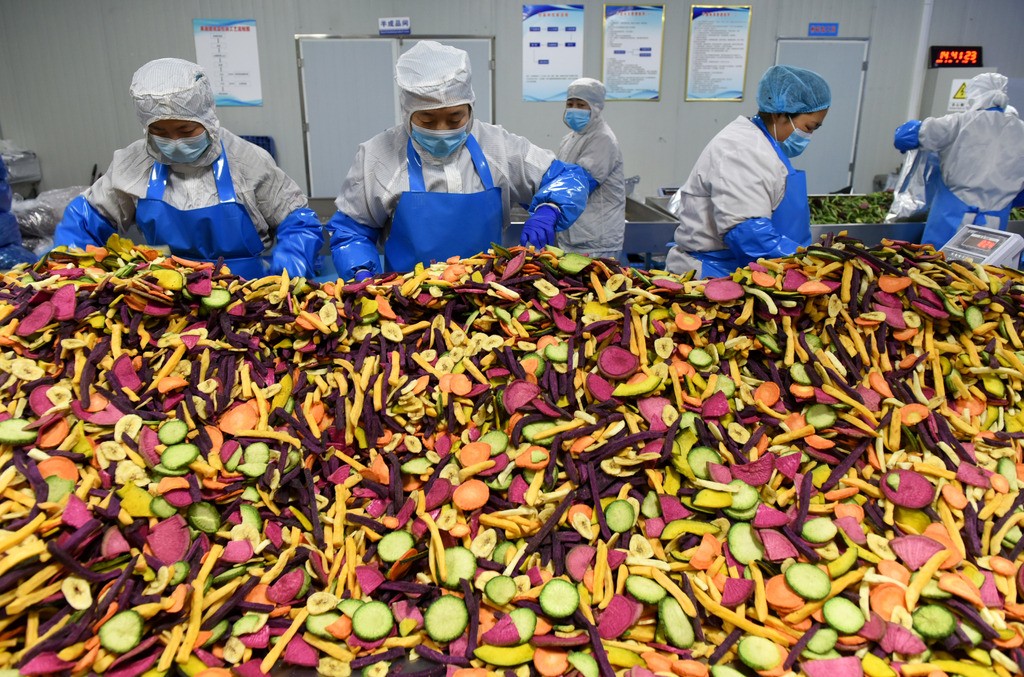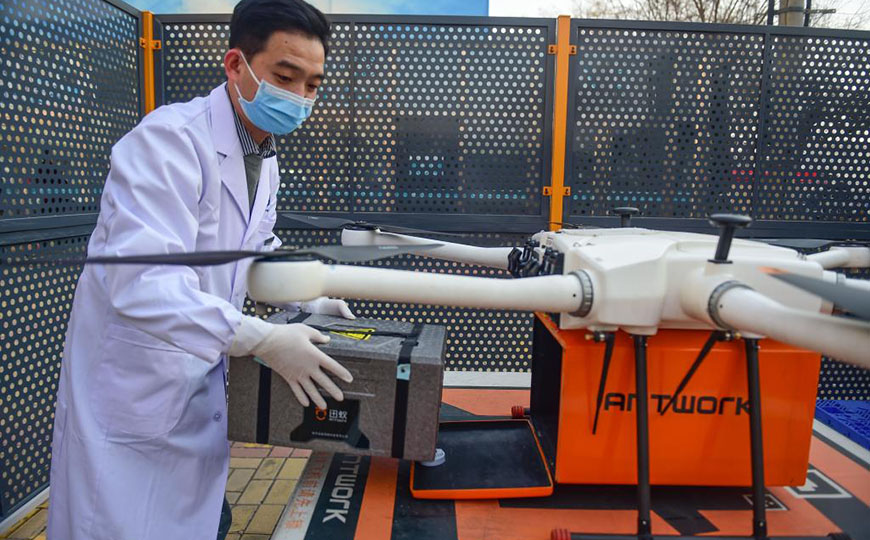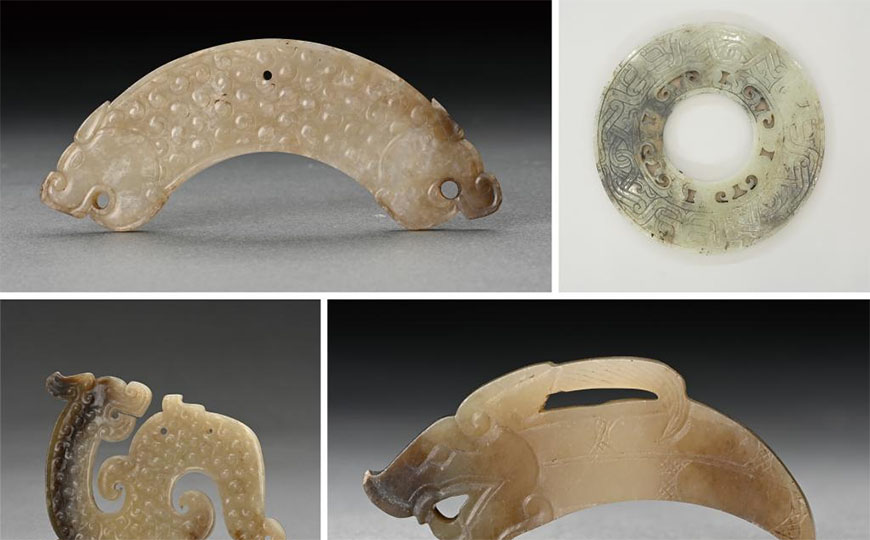
mitochondrial replacement therapy (MRT) is a groundbreaking approach that aims to prevent the transmission of mitochondrial diseases from mother to child. here is a detailed overview of the process, its potential, and the current state of research and regulations.
what is mitochondrial replacement therapy (MRT)?
mitochondrial replacement therapy (MRT) is a cutting-edge assisted reproductive technology designed to help women who carry genetic mutations in their mitochondrial DNA (mtDNA) conceive a child without passing these mutations to their offspring. Mitochondria are often referred to as the powerhouse of the cell because they generate energy for cellular functions. However, when mitochondrial DNA is defective, it can lead to severe diseases that affect various organ systems, particularly the brain, muscles, and heart.
the process of mitochondrial replacement therapy (MRT)
The process of MRT involves creating an embryo using donor mitochondria to replace the affected mitochondria from the mother. There are two primary techniques currently being researched and utilized:
-
spindle transfer technique: In this method, the nuclear DNA from the mother's egg is removed and transferred into a donor egg that has healthy mitochondria. The donor egg has its nuclear DNA removed, ensuring that the resulting embryo contains the mother's nuclear DNA and the donor's healthy mitochondria.
-
pronuclear transfer technique: This technique involves fertilizing both the mother's egg and a donor egg with the father's sperm. The pronuclei, which contain the nuclear DNA, are then transferred from the mother's fertilized egg into the donor's fertilized egg, which provides the healthy mitochondria.
potential benefits of mitochondrial replacement therapy (MRT)
The potential benefits of MRT are significant, especially for families affected by mitochondrial diseases. By replacing faulty mitochondria with healthy ones, MRT can prevent the transmission of mitochondrial disorders to future generations. This could lead to healthier pregnancies and the birth of children unaffected by these often debilitating conditions.
ethical and regulatory considerations
Despite the potential benefits, MRT raises several ethical and regulatory issues. One major concern is the creation of genetically modified embryos, which involves the use of donor DNA. This leads to questions about the identity of the child and the long-term effects of having DNA from three different individuals (the mother, father, and mitochondrial donor). Additionally, the safety and efficacy of MRT are still being studied, as it is a relatively new and complex procedure.
Regulatory bodies around the world are grappling with how to oversee and approve MRT. In some countries, MRT is allowed under strict guidelines and oversight, while others have imposed bans or moratoriums due to ethical concerns. The United Kingdom, for example, became the first country to approve MRT in 2017, while the United States has yet to establish clear regulatory pathways for its use.
current state of research
Research into MRT is ongoing, with studies focusing on improving the efficiency and safety of the procedure. Scientists are exploring various techniques to enhance the transfer of nuclear DNA and to ensure that the resulting embryos have minimal levels of mutated mitochondria. Additionally, clinical trials are being conducted to assess the safety and effectiveness of MRT in human applications.
future prospects
The future of mitochondrial replacement therapy looks promising, with continued advancements in reproductive technology and genetics. As researchers gain a deeper understanding of mitochondrial function and the mechanisms of mitochondrial diseases, MRT is likely to become a more viable option for families affected by these conditions. However, the ethical, legal, and regulatory challenges must be carefully addressed to ensure that the benefits of MRT are realized responsibly.
conclusion
Mitochondrial replacement therapy represents a significant step forward in the fight against mitochondrial diseases. While there are still challenges to overcome, MRT offers hope for families who have been deeply affected by these often devastating conditions. As research progresses and regulatory frameworks evolve, MRT has the potential to become a safe and effective tool in assisted reproduction, offering new possibilities for creating healthy futures for children around the world.

严打拐卖犯罪!2024年公安机关侦破拐卖现案、积案550余起
央视新闻

3月1日起退钱,最高可领8400元!手把手教你凭证书退税
央视新闻客户端

中美俄均投下赞成票 联合国安理会通过美国涉乌决议
央视新闻
我国自主研制!全球最大功率甲醇双燃料船用发动机正式发布
央视新闻

日本妄图制造“一中一台” 国台办:作为负有历史罪责的国家 应慎重处理涉台问题
央视新闻客户端

中国载人登月瞄准哪些任务?
中国航天报微信公号

酷!万吨大驱开炮瞬间大片感拉满
@央视军事

谨防诈骗!“银联会议APP”非中国银联产品
中新经纬

网店售卖银行土,一份售价数十元 律师:商家发布含迷信的内容或面临处罚
红星新闻

商务部就欧盟第16轮对俄制裁列单中国企业和个人事答记者问
商务部网站





















































